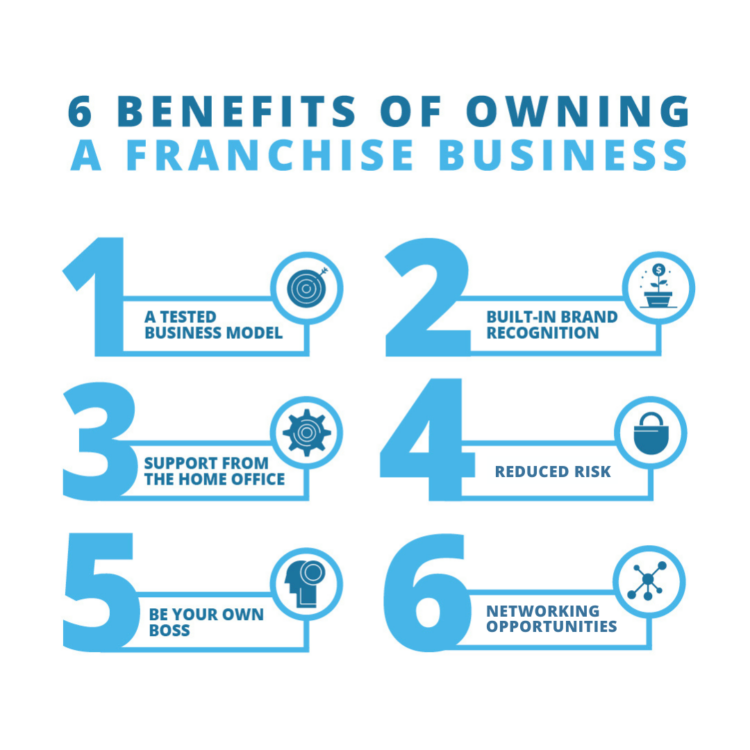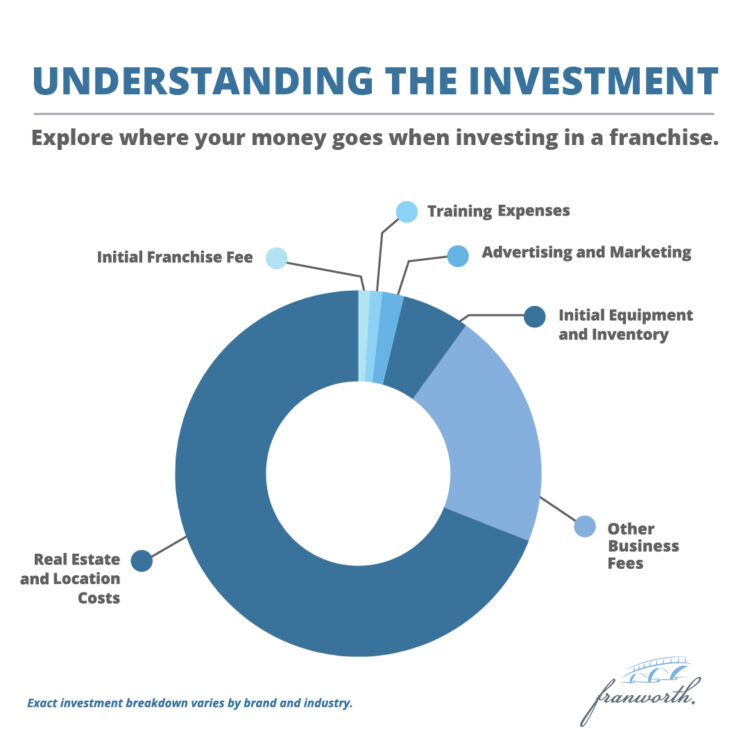Understanding How Franchises Work
Franchising is a dynamic business model that has fueled the growth for countless business ventures. It’s focused on establishing a network of businesses that operate under a unified brand. This guide unpacks the intricate workings of franchises from financial aspects to operational systems that drive this powerful business model. Whether you’re a prospective franchisee or considering franchising your own business, comprehending the mechanics of franchising is essential for success. Let’s explore how franchises operate and thrive.
The overall number of franchise establishments is expected to reach a staggering 821,000 by the end of 2024, showcasing the expansive nature of the industry. With a plethora of opportunities offered by over 3,380 unique franchise brands in the United States, the franchise landscape presents an array of options for business expansion. The estimated output for the franchise industry in the United States is projected to reach $893.9 billion in 2024. These statistics underscore the significant economic impact and potential for success within the robust world of franchising.
The Franchise Business Model
The franchise business model empowers franchisees to independently operate their own business by leveraging the tested and replicable framework established by the franchisor. This typically includes standardized operating procedures, marketing strategies, and product or service offerings. This model significantly reduces the risks associated with starting a new business, offering franchisees a tested business path. The right to use these resources, as well as access to future developments in the brand, and the right to use the brand’s trademark are the key differentiators between a franchise system and a simple license agreement.
Franchise Fees: What Are They?
Franchise fees are the initial payments made by franchisees to the franchisor for the right to use their established brand, business model, and ongoing support. Most franchisees pay the franchisor an upfront fee upwards of $50,000. This initial investment grants them access to a comprehensive franchise business model and brand.
Franchisee Training and Support
Effective training and ongoing support are pivotal in supporting franchisee success. Franchisors invest heavily in providing dynamic and valuable unit-level support. They provide extensive training programs covering various aspects of the business, from unit-level operations to marketing and customer service. This equips franchisees with the knowledge and tools they need to operate a successful franchise unit.
How Franchisees Are Profitable
Franchisee’s profitability hinges on several factors. These include but are not limited to location, operational efficiency, marketing efforts, and customer satisfaction. By adhering to the established franchisor’s business model and benefiting from the brand’s reputation, franchisees have the potential to earn strong returns on their investment.
Revenue Sharing Between the Franchisor and Franchisee
Franchisees generate revenue through the operation of their individual franchise unit. This includes sales of products, services, and memberships. A portion of this revenue is paid to the franchisor in the form of ongoing royalties, typically calculated as a percentage of the franchisee’s gross sales. Capital from royalties is typically put back into the franchise for business expansion and to refine resources for franchisee success. This revenue-sharing arrangement is the driving force of the franchising model, fostering a mutually beneficial and symbiotic relationship.
Franchisees and Franchisors Both Have a Stake in Maximizing Profits
For both franchisors and franchisees, the goal is clear: maximize profitability. By working together, each party plays a vital role in achieving this objective. The franchisor provides the tested blueprint for success, while the franchisee brings it to life in their local market. This collaborative approach creates a powerful engine for growth and prosperity.
The Role of Economies of Scale
One of the key advantages of franchising is the concept of economies of scale. The franchisor benefits from the collective strength of its network, a collaborative environment where like-minded operators share best practices and operational synergy. This allows them to negotiate favorable contracts with suppliers, reducing costs on a per-unit basis. In turn, franchisees also benefit from these reduced costs, enhancing their profitability.
In conclusion, the economics of franchises are a testament to the mutually beneficial nature of the franchising model. Through franchise fees, royalties, training, support, and economies of scale, both franchisors and franchisees have the opportunity to thrive. By understanding these dynamics, brands can embark on a transformative journey towards exponential growth and prosperity.
Empowering Franchise Entrepreneurs and Creating Brighter Futures
At Franworth, we build, incubate, and grow franchise brands through mentorship, education, and best-in-class support empowering entrepreneurs and creating brighter futures. With over 450 years of combined franchise experience, the Franworth team has been recognized with the highest honors in franchising and for repeatedly scaling brands using a franchise mode. If franchising sounds like something you’re interested in exploring, check out our current portfolio of brands by clicking the button below.



